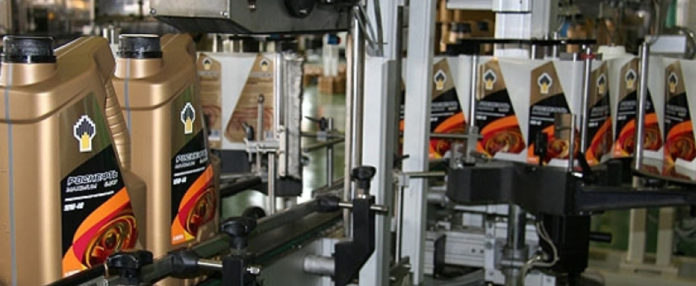The Colorado Department of Public Health & Environment has formally approved the Individual Program Plan (IPP) submitted by the Lubricants Packaging Management Association (LPMA), marking it as the first producer-led compliance model to receive state approval. The plan will regulate petroleum- and automotive-related packaging, such as oil and antifreeze containers, through a sector-specific framework developed by participants in the industry.
LPMA describes its independent, industry-oriented compliance structure as a template intended to increase recycling participation. The state’s endorsement of the IPP is presented as establishing a national standard by offering producers alternatives, reducing compliance costs, and promising improved recycling performance.
LPMA, operating under Interchange 360, confirmed that CDPHE’s approval renders it the first producer responsibility organization (PRO) to obtain sanction under Colorado’s Extended Producer Responsibility (EPR) statute. Colorado is the first state to allow producers to comply via independent programs rather than routing all efforts through a single, centralized PRO. Under the approved IPP, LPMA will oversee packaging streams tied to petroleum and automotive products, deploying a compliance model tailored to the lubricants sector.
David Lawes, chief executive of LPMA, commented, “In my experience with EPR, it’s quite important that the focus is on results. The law shouldn’t prescribe how the results are met, but instead allow industry to be creative and innovative in developing a program that is highly accountable to the results.” He added that Colorado’s EPR design, by permitting independent compliance paths and offering choice, “sets the national benchmark for how producer responsibility can be done right.”
LPMA views the approval as validation for industry-specific compliance approaches. It argues that lubricant packaging involves handling residual materials and potentially hazardous contents—challenges it says general consumer recycling schemes are ill-equipped to manage. The association claims its model offers compliance that is practical, safe and targeted to sector needs.
LPMA is already engaged in states with EPR regulations, including California, Maine, Minnesota, Vermont and Oregon, and says it is preparing further deployments as more jurisdictions adopt EPR frameworks. With approval in hand, LPMA will commence onboarding producers and ramp up operations under its IPP, backed by transparent reporting, performance targets aligned with state metrics and ongoing stakeholder engagement. The association plans to launch full operations in spring 2026, working collaboratively with regulators and industry parties to facilitate a smooth implementation.
LPMA, a non-profit PRO powered by Interchange 360, was established to assist petroleum and automotive producers in meeting EPR obligations through sector-specific and implementable strategies. Its founders include BP Lubricants USA (Castrol), Chevron U.S.A., ExxonMobil Oil Corporation, Pennzoil-Quaker State (Shell) and VGP Holdings (Valvoline). The formation of LPMA responded to the emergence of EPR statutes across multiple states, with its founders seeking to ensure that petroleum and automotive materials receive appropriate stewardship under expanding regulatory regimes. These organizations maintain that LPMA’s approach aims to balance sustainable practices with industry interests while supporting circular economy goals.
